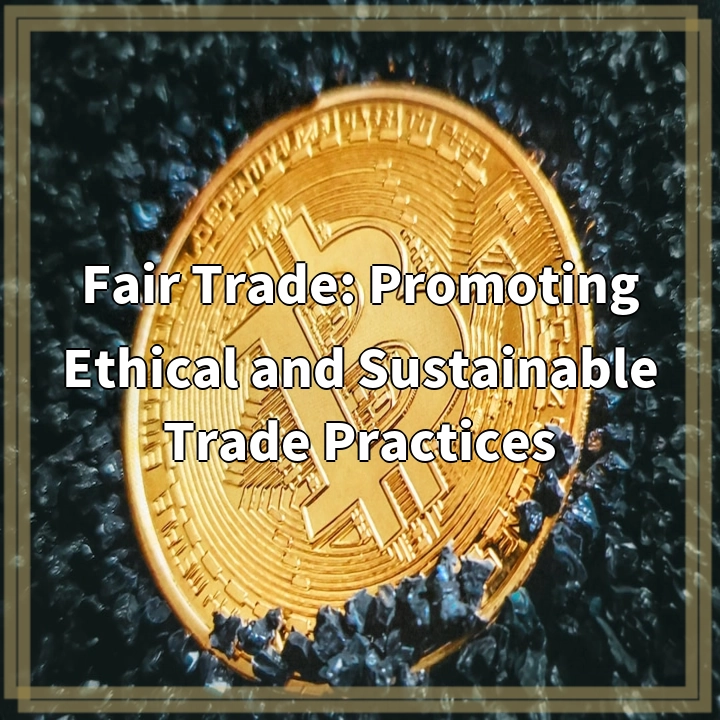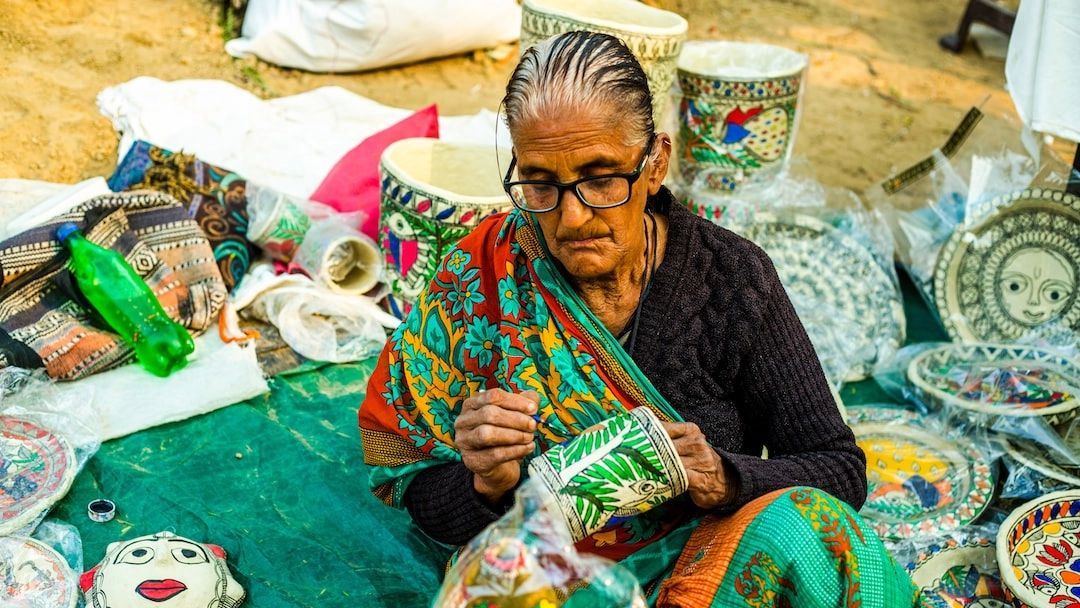
What is Fair Trade?
Fair Trade is a global movement that aims to promote ethical and sustainable trade practices, particularly in the agricultural sector. It emerged as a response to the unequal and exploitative nature of conventional trading systems. Fair Trade seeks to create better economic opportunities for small-scale farmers and workers in developing countries, while also promoting social and environmental sustainability.
Real-World Problems Associated with Fair Trade
Despite its noble intentions, Fair Trade is not without its challenges. Here are some of the real-world problems that the movement faces:
1. Limited Access and Awareness
One of the major challenges of Fair Trade is limited access to markets and consumers. Many small-scale farmers struggle to connect with Fair Trade buyers and expand their customer base. Additionally, there is often a lack of awareness among consumers about the importance of choosing Fair Trade products.
2. Price and Market Volatility
Fair Trade products are often priced above conventional alternatives to guarantee fair wages and support sustainable practices. However, this can be a barrier for some consumers who prioritize lower prices. Additionally, unpredictable market fluctuations can impact the stability and profitability of Fair Trade ventures.
3. Certification and Standards
Obtaining Fair Trade certification can be a complex and costly process for small-scale farmers and producers. The certification process requires adherence to certain environmental, labor, and trade standards, which can be challenging for resource-constrained individuals and communities.
4. Supply Chain Complexity
Fair Trade products often go through complex supply chains involving numerous intermediaries. This makes it difficult to trace the origin and ensure compliance with Fair Trade standards throughout the entire supply chain. Lack of transparency can undermine the integrity and credibility of Fair Trade initiatives.
5. Market Competition
In some cases, Fair Trade producers face intense competition from larger, industrialized farms and companies that can produce goods at a lower cost. This can make it challenging for small-scale farmers to compete in the mainstream market, leading to limited growth and economic sustainability.
While these problems exist, it is essential to recognize that Fair Trade has made significant strides in improving the lives of farmers and workers, promoting sustainability, and raising awareness about global trade injustices. Efforts are ongoing to address these challenges and further enhance the impact of Fair Trade practices.

Solutions to the Challenges of Fair Trade
Despite the real-world problems faced by Fair Trade, there are several solutions and ongoing efforts aimed at overcoming these challenges and promoting the growth and impact of ethical and sustainable trade practices.
1. Market Access and Consumer Education
To address the limited access and awareness of Fair Trade products, there is a need for increased efforts in connecting small-scale farmers and producers with Fair Trade buyers. This can be achieved through partnerships with retailers, educational campaigns, and improved distribution channels. Educating consumers about the benefits of Fair Trade and the importance of supporting ethical and sustainable practices is also crucial.
2. Price Stability and Fairer Trading Relationships
To mitigate the price and market volatility challenges, Fair Trade organizations work towards establishing long-term trading relationships and providing price stability for producers. By guaranteeing fair prices and supporting sustainable practices, Fair Trade aims to ensure a more equitable and stable income for farmers and workers, making Fair Trade products more accessible to consumers.
3. Streamlined Certification Processes
Efforts are being made to simplify and streamline the Fair Trade certification processes, particularly for small-scale farmers and producers. This includes reducing costs, providing support and guidance, and improving accessibility to certification programs. By making certification more attainable, more farmers and producers can participate in Fair Trade initiatives.
4. Enhanced Supply Chain Transparency
To address the complexity and lack of transparency in supply chains, initiatives are underway to enhance traceability and accountability throughout the Fair Trade supply chain. This involves promoting fair trade labeling, improving monitoring and auditing systems, and encouraging transparent reporting by all intermediaries involved. Increased transparency helps ensure that Fair Trade standards are upheld at every stage of the supply chain.
5. Collaboration and Advocacy
To overcome market competition challenges, collaboration and advocacy efforts are crucial. Fair Trade organizations and supporters work to raise awareness among consumers, advocate for policy changes, and build networks of like-minded businesses and individuals. By joining forces, Fair Trade stakeholders can amplify their impact and create a more sustainable market environment for small-scale farmers and producers.
Through these solutions, the Fair Trade movement continues to strive towards a more equitable and sustainable global trading system. By addressing the challenges and implementing these solutions, we can create a world where ethical and sustainable trade practices are the norm, benefiting both farmers and workers in developing countries and conscious consumers worldwide.















